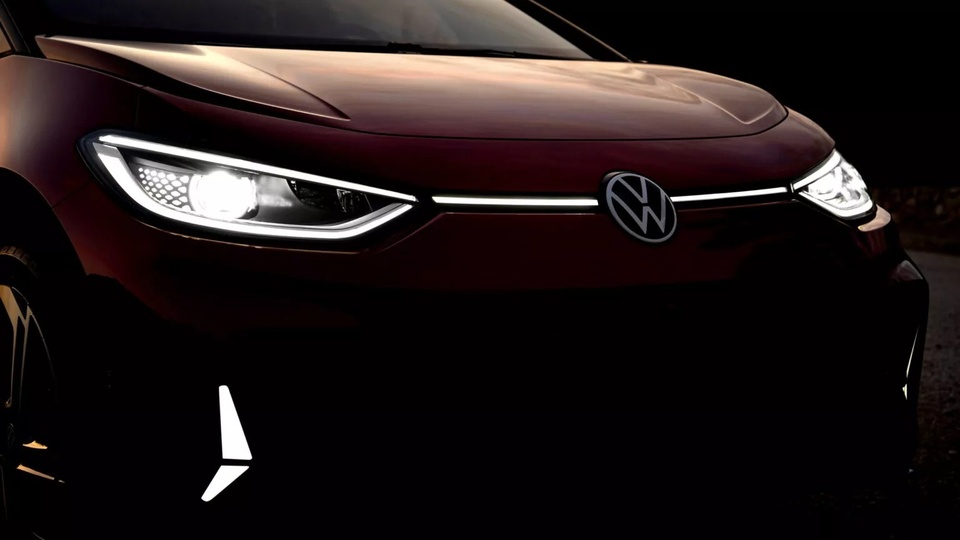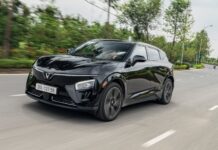
|
In the UK, the standard ID.3 Pure model, advertised on Volkswagen’s (VW) website with 168 horsepower, actually delivers only 148 horsepower unless customers pay an additional fee.
Essentially, the brand is charging to “unlock” power that’s already built into the vehicle.
What’s puzzling is the minimal upgrade. VW adds just 20 horsepower and 44 Nm of torque, which the company claims has no impact on the vehicle’s range per charge.
UK drivers can pay approximately $25 USD monthly, nearly triple the cost of a basic Netflix subscription, or $250 USD annually. Alternatively, a one-time “lifetime” payment of $950 USD is available. It’s unclear whether this fee is tied to the vehicle or the user’s account, but either way, it’s a significant cost for such a modest performance boost.
According to AutoExpress, this power upgrade doesn’t affect insurance rates, as the ID.3 is already factory-rated at 168 horsepower, even if your vehicle is 20 horsepower weaker without the “unlock.”
|
|
|
ID.3 owners must pay an extra $25 USD/month to match the vehicle’s advertised performance. Photo: Carscoops. |
This raises questions: Will owners attempt to hack the system to regain power without paying? And if so, will Volkswagen void the warranty?
The German automaker compares this practice to its historical approach of offering engines with the same displacement but different tuning levels at varying prices.
“Providing additional power isn’t new… Typically, these versions would be in higher trim levels, with more features and a higher price tag. Now, if customers want a sportier driving experience, they have an option during the vehicle’s lifecycle, rather than committing to a higher initial purchase price. The vehicle is listed in the system with 201 horsepower, and this option is clearly communicated to customers,” VW explained to AutoExpress.
Volkswagen isn’t alone in this peculiar power subscription model. BMW, Mercedes, and Tesla offer similar “software upgrades,” but these often provide better value in terms of performance gains. Ford adds 135 Nm of torque for $995 USD, Polestar unlocks 68 horsepower for $1,195 USD, and Mercedes offers 60-110 horsepower for $1,200 USD.
In comparison, even factory-approved tuning packages for gasoline vehicles deliver more power for the price than Volkswagen’s $950 USD charge for 20 “missing” horsepower.
Great Books to Read on the Road
Our Automotive section brings you captivating books across various themes. During your journeys, whether in the driver’s seat or as a passenger, there are moments to relax and unwind, and these pages make for an engaging companion.
The Ultimate Test: Pushing the Electric Range Rover to its Limits in the World’s Harshest Environments
The Range Rover Electric prototypes are undergoing an arduous testing process in the United Arab Emirates, a region known for its extreme weather conditions. This challenging environment will push the vehicles to their limits, ensuring they are more than capable of handling anything the world can throw at them.










































